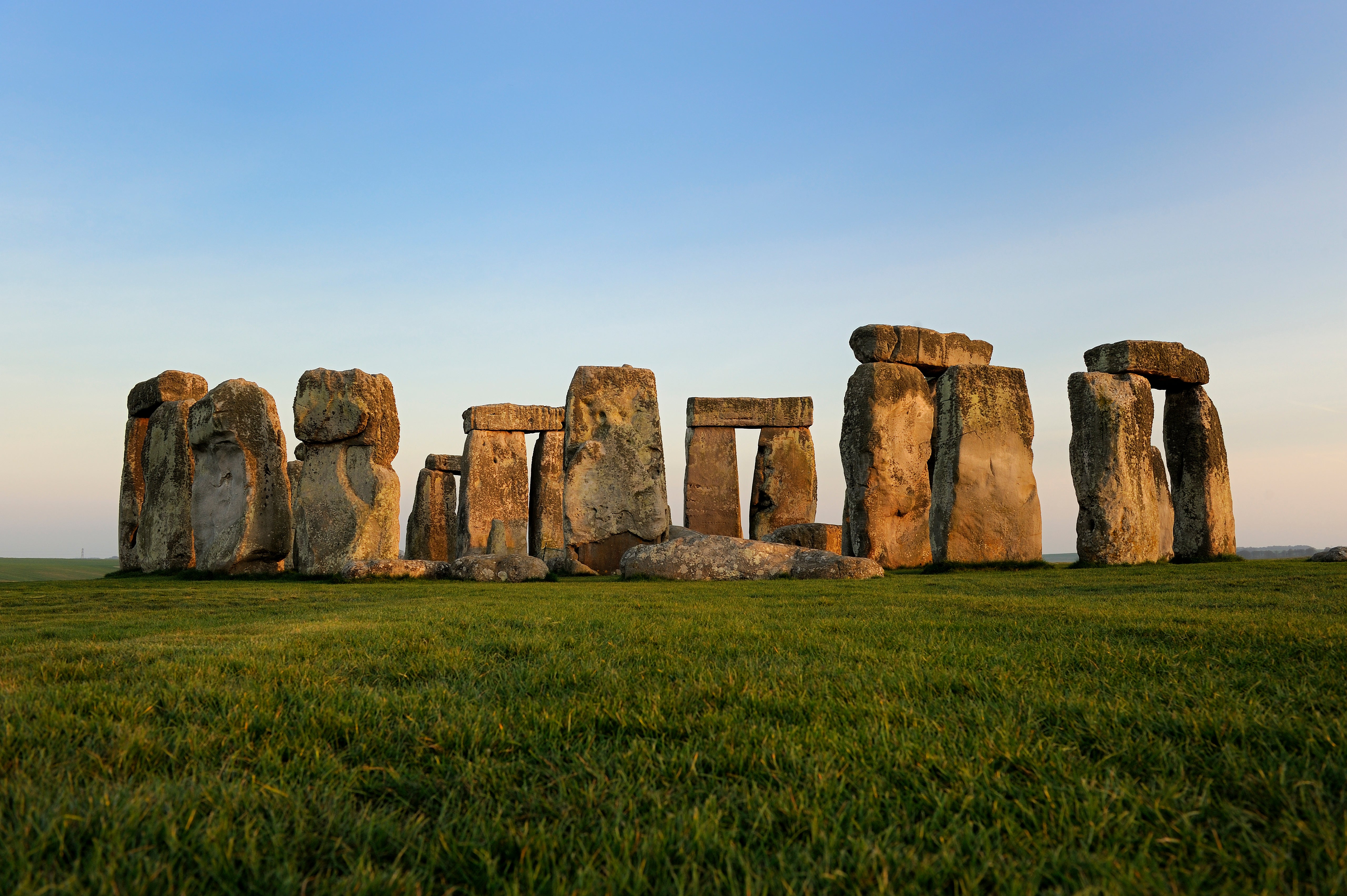British Museum exhibition to explore mysteries of Stonehenge
A key feature of the exhibition next year will be an ancient wooden monument – dubbed Seahenge – that emerged on a Norfolk beach.

Your support helps us to tell the story
From reproductive rights to climate change to Big Tech, The Independent is on the ground when the story is developing. Whether it's investigating the financials of Elon Musk's pro-Trump PAC or producing our latest documentary, 'The A Word', which shines a light on the American women fighting for reproductive rights, we know how important it is to parse out the facts from the messaging.
At such a critical moment in US history, we need reporters on the ground. Your donation allows us to keep sending journalists to speak to both sides of the story.
The Independent is trusted by Americans across the entire political spectrum. And unlike many other quality news outlets, we choose not to lock Americans out of our reporting and analysis with paywalls. We believe quality journalism should be available to everyone, paid for by those who can afford it.
Your support makes all the difference.A major exhibition on Stonehenge featuring 430 objects and artefacts is due to open at the British Museum.
The World Of Stonehenge will include items such as elaborate gold hats depicting the cosmos and an ancient wooden monument – dubbed “Seahenge” – that emerged on a Norfolk beach.
The exhibition will run from February 17 to July 17 2022 and tell the story of the mysterious stone circle in Wiltshire.
A key part of the collection is a 4,000-year-old Bronze Age timber structure, nicknamed the Stonehenge of the Sea after it re-emerged on a Norfolk beach in 1998.
It consists of a large upturned tree stump surrounded by 54 wooden posts.
The oak posts, some up to 3m tall, form a 6.6m-diameter circle around the upturned oak, creating a giant tree-like spectacle.
A narrow entranceway was built aligning to the rising midsummer sun and it is speculated the monument was used for ritual purposes.
Dr Jennifer Wexler, project curator of the World Of Stonehenge at the British Museum, said: “If Stonehenge is one of the world’s most remarkable surviving ancient stone circles, then Seahenge is the equivalent in timber.
“But as it was only rediscovered in 1998, it is still relatively unknown.
“We know about some aspects of the monument, including that it was constructed in the spring and summer of 2049 BC, from mighty oaks.
“But there’s much that still eludes us, including exactly what it was used for.
“Perhaps the central upturned trunk was used in funerary rituals to support a dead body. Perhaps entering the circular shrine brought worshippers closer to the otherworld.
“By displaying Seahenge in this exhibition we hope to bring it to a wider audience, and it provides an unparalleled opportunity to time-travel back to the moment when circles of stone and timber were at the heart of people’s beliefs.”
Seahenge comes to the British Museum from the Norfolk Museums Service and is the first time it has ever gone on loan.
Stonehenge was built 4,500 years ago around the same time as the Sphinx and the Great Pyramid of Giza in Egypt.
According to the British Museum, nearly two-thirds of the objects going on display in the exhibition will be loans, with artefacts coming from 35 lenders across the UK, the Republic of Ireland, France Italy, Germany, Denmark and Switzerland.
The majority of the items have never been seen in the UK before.
Tickets for the exhibition are now on sale.